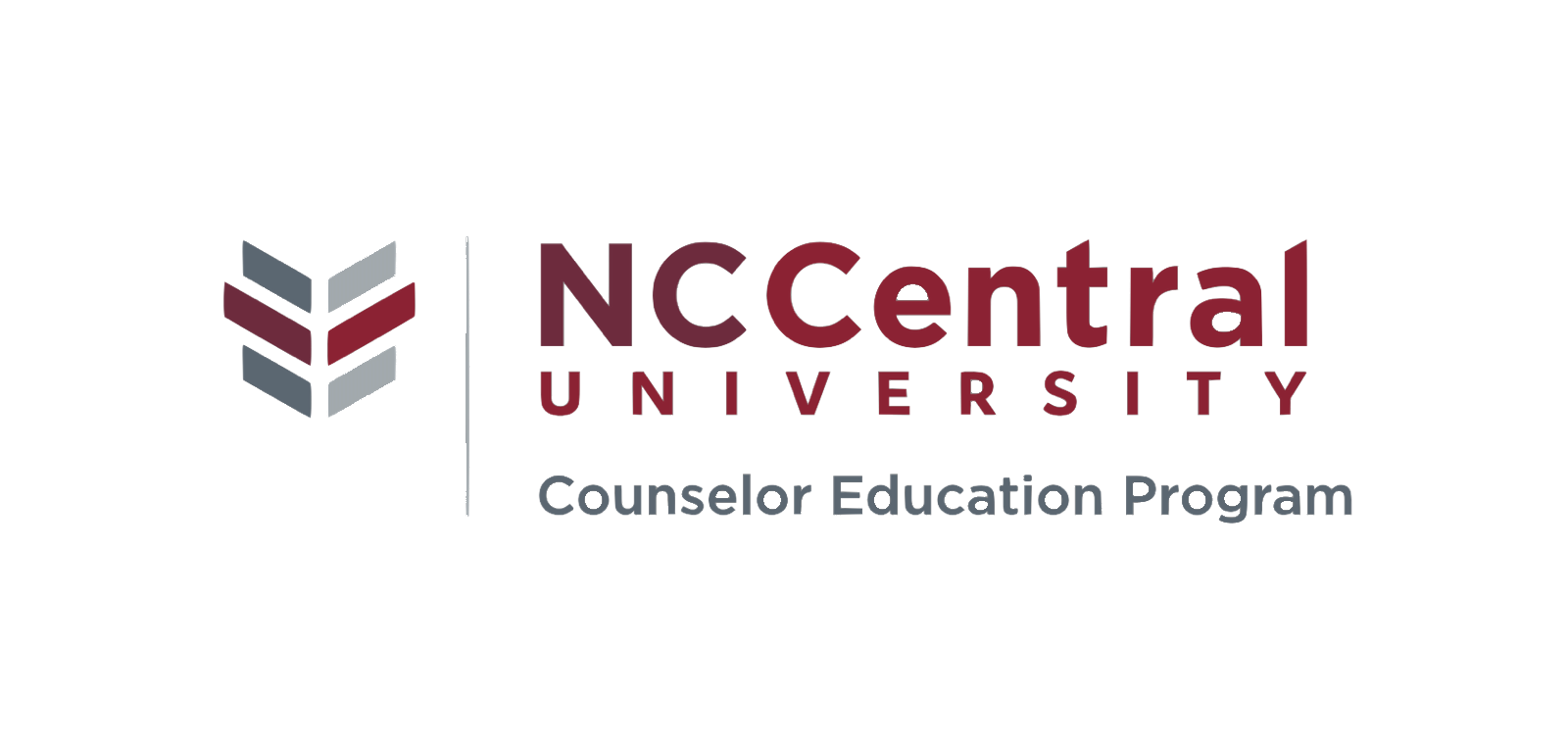March 24, 2020
Dear Students and Site Supervisors,
Within the last two weeks, the Counselor Education faculty have met multiple times. As North Carolina Central University has transitioned to fully online instruction during this time, our primary concern has been related to students who are currently completing their clinical placements (i.e., Practicum and Internship). We have been concerned about the health and safety of our students, their families, and their clients/students.
We have paid attention to messages and statements distributed by both our institution and our accrediting body (CACREP). We initially wanted students to have the freedom to choose whether or not they continued at their placement site, if it was open.
As time has passed and more information about the spread of the coronavirus has been documented, our conversations as a faculty have evolved. We recognize that the steps recommended to slow down the progression of the spread (and keep vulnerable populations safe) are not in alignment with continuing in a physical placement at a practicum or internship site.
The Counselor Education Program faculty voted to remove students from their physical placement sites, effective Friday, March 27, 2020 at 5:00pm EDT. Students can opt to remove themselves earlier, if desired. In addition, students should follow all directives issued by their local municipalities, counties, or states regarding social distancing, staying at home, sheltering, or quarantining. Although students may no longer be physically present at their placement site, they may continue to accrue direct and indirect hours.
The following statements were approved by the Counselor Education faculty:
- If telehealth methods are used at a placement site, the NCCU Counselor Education Program will allow students to participate in telehealth activities, with appropriate continuing education (training) related to telehealth practices. This is provisional, depending on whether or not the University will allow this practice and extend professional liability coverage for using telehealth methods. The education/training should be a minimum of 6 clock hours, and the student should be able to provide documentation, certificate, or attestation of the training. The training should be from an acceptable mental health organization. In addition, the student must be aware of the American Counseling Association’s Code of Ethics related to distance counseling/telehealth.
- Acceptable telehealth methods were defined by the faculty as synchronous (i.e., live) interactions using either video and/or audio technology. Audio-only technology includes telephone use.
- If students are already using telehealth methods, the requested training should be completed by Friday, April 3, 2020. All documentation regarding the training should be sent to the university supervisor.
- Suggestions for specific trainings or providers for training will be posted on the NCCU Counseling website as soon as possible.
- We will make students aware of the University’s allowances for telehealth methods and liability coverage as soon as we are able to do so.
- Per CACREP’s guidelines, the NCCU Counselor Education Program will allow students to “rollover” hours completed in a previous clinical placement (Practicum or Internship). The hours that could be rolled-over would consist of hours completed that would have exceeded the hours required for the previous clinical experience. For example, the Practicum requires 100 hours in the field. If a student previously documented 150 hours in Practicum, for example, the student would be able to roll-over 50 hours (the excess left after 100 hours completed).
- Hours rolled-over in an internship situation (a previous 300-hour internship into a second 300-hour internship) would need to have occurred in the track for which they are currently placed. For example, a student who completed 350 hours in a school placement could roll-over 50 hours into a second school placement. However, if the previous placement was in a mental health placement, the 50 hours would not roll-over into a school placement.
- Faculty will review each student’s hour completion and provide more specific information to students about individual situations as soon as possible.
Please be assured that your safety and your education have been our primary focus. It is not easy making decisions like this, but we have made our best efforts to develop plans that (as much as possible) are safe, fair, and maintain the standards set for training. Please be aware that the University may decide to not allow telehealth methods, and this is something over which we do not have control.
Chadwick Royal, PhD and Peggy Whiting, EdD
NCCU Counselor Education Program Co-Coordinators



